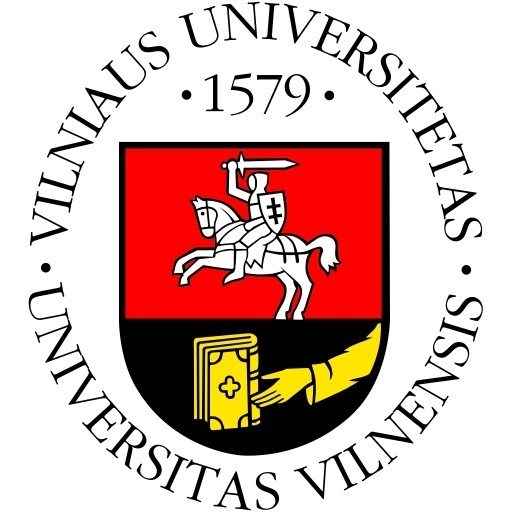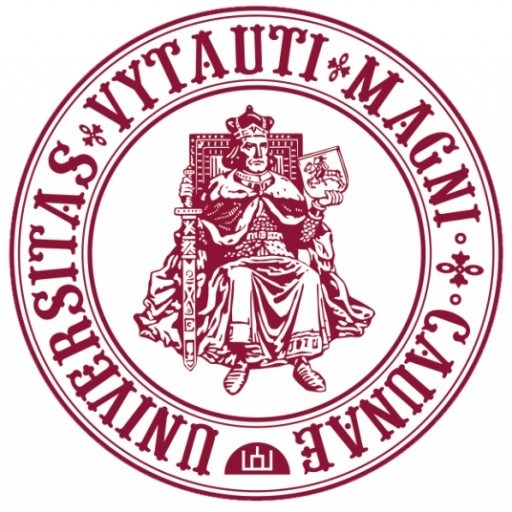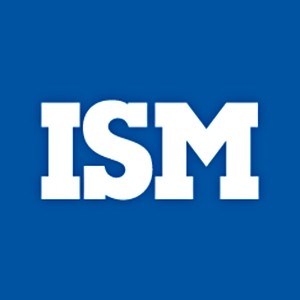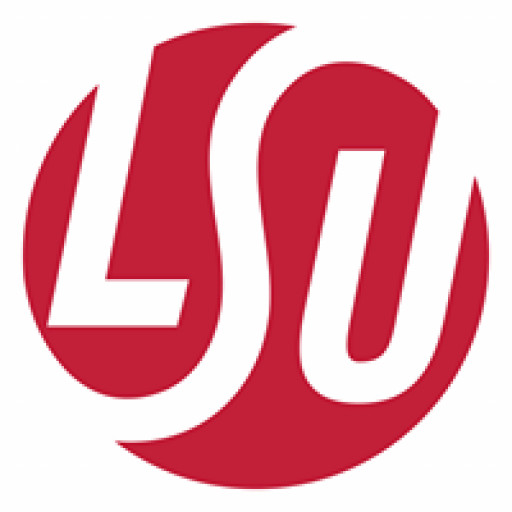Photos of university / #vilniusuniversity
Photonics and Nanotechnology is an innovative interdisciplinary master's degree program offered by Vilnius University, designed to equip students with comprehensive knowledge and practical skills in the fields of light-based technologies and nanoscale materials. This program focuses on the fundamental principles of optics, laser technology, nanomaterials, and their applications in modern industries such as telecommunications, healthcare, renewable energy, and information technology. Students will delve into the physics of light, nanoelectronics, quantum optics, and ultrafast laser systems, gaining hands-on experience through laboratory work and research projects. The curriculum emphasizes both theoretical understanding and practical competencies, ensuring graduates are capable of designing, analyzing, and implementing advanced photonic and nanotechnological solutions. Additionally, the program encourages critical thinking, problem-solving, and innovation, preparing students for careers in research institutions, high-tech companies, or further academic pursuits. Vilnius University provides state-of-the-art laboratories and research facilities, fostering an environment conducive to cutting-edge scientific discoveries. Throughout the course, students will acquire skills in optical measurement techniques, nanofabrication, and computational modeling, making them versatile professionals able to address contemporary technological challenges. The global importance of photonics and nanotechnology makes this program highly relevant, offering excellent career prospects in a rapidly evolving technological landscape. Graduates will be well-positioned to contribute to the development of next-generation communication networks, medical devices, sustainable energy solutions, and advanced manufacturing processes. The International environment, combined with a comprehensive academic approach, ensures that students will benefit from diverse perspectives and collaborations with experts from around the world. Enroll in Vilnius University’s Photonics and Nanotechnology master’s program to become a driving force at the forefront of scientific innovation and technology development.
https://www.vu.lt/en/studies/master-studies/56-studies/studies/5712-materials-and-technology-of-optoelectronics
ADMISSION REQUIREMENTS AND SELECTION CRITERIA
- Bachelor degree in Physics, Engineering or Technologies
- English language proficiency - the level not lower than B2 (following the Common European Framework of Reference for Languages (CEFR) (Internationally recognized certificate or Skype interview).
- The selection criterion is based on the weighted average of all grades recorded in the transcript of your Bachelor diploma.
Additional points could be obtained for scientific publications and scientific conference presentations
Funding options for the Photonics and Nanotechnology bachelor's program at Vilnius University include a variety of scholarships, grants, and state-funded support mechanisms designed to assist both domestic and international students. Lithuanian residents may benefit from government scholarships based on academic achievement, financial need, and specific eligibility criteria. These scholarships often cover part or all of tuition fees and sometimes include stipend components for living expenses. The Lithuanian state also offers student loans tailored to support higher education financing, which are accessible to eligible students upon application and assessment.
International students enrolled in this program have the opportunity to apply for Vilnius University’s international scholarship programs, which recognize academic excellence and are awarded based on merit. Additionally, there are Erasmus+ mobility grants available for students who participate in exchange programs within European partner universities, which help cover travel and living costs. Some students choose to supplement their funding through part-time employment opportunities available in Vilnius, in accordance with student visa regulations and work permits.
The university itself supports students in finding external sources of funding by providing guidance and information about national and international bursaries, sponsorships, and foundations that promote scientific research and technological studies. Many students also secure funding via research projects or internships in collaboration with industry partners, which sometimes include stipends or financial support.
Furthermore, the program benefits from the European Union’s structural funds aimed at fostering innovation, research, and development in high-tech fields such as photonics and nanotechnology. Students may participate in EU-funded initiatives that offer financial support or grants for specific research activities or collaborative projects.
In summary, students enrolled in the Photonics and Nanotechnology bachelor’s program at Vilnius University have access to a broad spectrum of financial aid opportunities that can significantly reduce the economic burden of higher education. These options include national scholarships and loans, university-specific awards for international students, Erasmus+ mobility grants, EU funding programs, external bursaries, and part-time employment possibilities within Vilnius. Engaging with the university’s student support services is recommended to identify the most suitable funding avenues based on individual circumstances and aspirations.
Home
Studies
Master studies
EN – Studies
Studies
Materials and Technology of Optoelectronics
Back
Materials and Technology of Optoelectronics
| Qualification awarded | Master in Technological Sciences |
| Field of study | Technological Sciences |
| Faculty | Faculty of Physics |
| Study area | Materials Technology |
| Length of the programme (years) | 2 years (4 semesters) |
| Scope of programme (ECTS) | 120 ECTS |
| Language of instruction | English |
| Location | Vilnius, Lithuania |
| Starting date | 1st September |
| Tuition fee for EU students | 3737 EUR/year |
| for Non-EU students | 3900 EUR/year |
| Click here to apply | |
WHY STUDY MATERIALS AND TECHNOLOGY OF OPTOELECTRONICS AT VILNIUS UNIVERSITY?
The aim of the programme is to train highly qualified, international standards meeting experts in optoelectronic materials and technologies, which could create and implement modern technologies, generate and use innovative ideas for their work in the field of science, industry, economy in order to increase competitive ability of industry. The graduates of the programme will become highly qualified experts who are capable to continue post graduate studies in physics, chemistry, materials science and similar study fields.
ADMISSION REQUIREMENTS AND SELECTION CRITERIA
- Bachelor degree in Physics, Engineering or Technologies
- English language proficiency - the level not lower than B2 (following the Common European Framework of Reference for Languages (CEFR) (Internationally recognized certificate or Skype interview).
- The selection criterion is based on the weighted average of all grades recorded in the transcript of your Bachelor diploma.
Additional points could be obtained for scientific publications and scientific conference presentations
INTERNATIONAL MOBILITY
Students can participate in ERASMUS+ mobility programme or use VU’s Bilateral cooperation agreements which give an opportunity to study at VU’s Partner Universities or do internship abroad.
CAREER OPPORTUNITIES
Graduates are able to work as researchers at universities, institutes, companies working in the field of applied sciences, innovations, electronic technologies.Graduates are able to work as researchers at universities, institutes, companies working in the field of applied sciences, innovations, electronic technologies.
Faculty of Physics of Vilnius University offers both Materials engineering (08T) and Physics (02P) third-level (PhD) studies.



